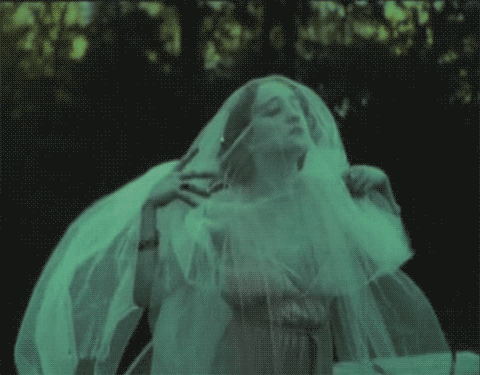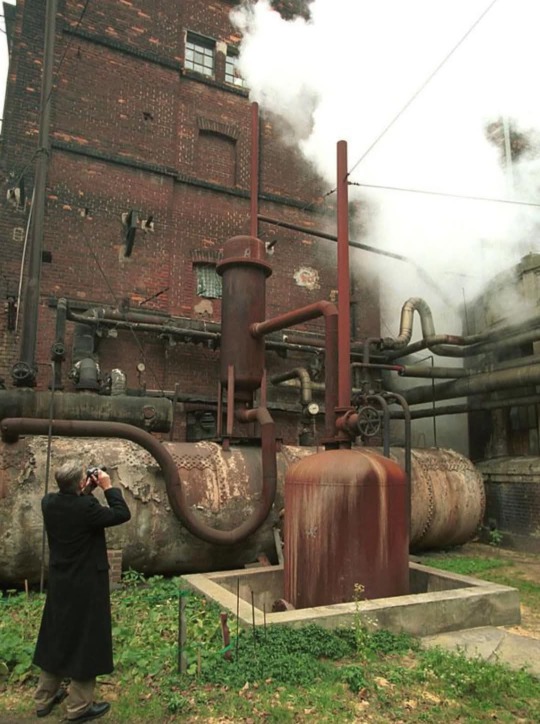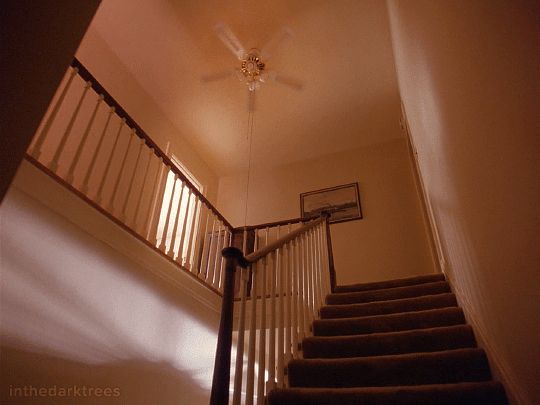Text
woke up to zero birthday wishes. i’m sure everyone i know just forgot lol
0 notes
Text





Fior di male (Flower of Evil, Carmine Gallone; 1915)
#lyda borelli#silent film#film#film gifs#classic film#classic movies#classic cinema#silent movies#silent cinema#making this gifset reminded me she's holding a lion cub during her title card but it never shows up in the film#so she just held it for aesthetic reasons
47 notes
·
View notes
Text

Satan's Rhapsody (1917)
3K notes
·
View notes
Text

Rapsodia Satanica / Satan's Rhapsody (1917)
[letterboxd | imdb]
Director: Nino Oxilia
Cinematographer: Giorgio Ricci
Performer: Lyda Borelli
4 notes
·
View notes
Text

FRANKENSTEIN (1931) and DRACULA (1931)- 1952
37 notes
·
View notes
Video
Jim Lang went in on this track… HEY ARNOLD!: 1x4A [1996]
138 notes
·
View notes
Text

Aurora Monster Models- 1965
I got all 3 of these.
95 notes
·
View notes
Text
Deleuze v. Bordwell
Just a string of (possibly) incoherent thoughts. I finished reading Gilles Deleuze's Cinema I: The Movement-Image and Cinema II: The Time-Image, both for the second time. While I'm fascinated by Deleuze's theories, I'm not sure if they hold up under scrutiny.
My concerns came from reading over random blog posts on David Bordwell's site. Mainly, it's difficult to say whether a film is capturing a cultural zeitgeist because they're in development so many years before they actually hit screens. Furthermore, that it's more important to analyze what's on the screen VS. any sort of theoretical interpretation (psychoanalysis, semiology [both of which Deleuze agrees with forgoing, I think], post-modernism, etc.). The reason being, that if you go in to analyze something with a theory in mind, then you can stretch almost any meaning to fit that theory.
One of Bordwell's biggest studies, conducted alongside Janet Staiger and Kristin Thompson, was studying if there was a coherent style to classical Hollywood cinema (1930 - 1960) and how that style communicated ideas to the audience, how it evolved, etc. For this study, they made a list of 100 randomly chosen films that were lesser known in status at the time (mid-80s) rather than a canonical masterpiece (this meant no Citizen Kane) to gauge what an average film was doing. This also helps cement what an innovative technique truly is and why certain films are considered landmarks.
Reading this along with Bordwell's On the History of Film Style, it becomes clear that Deleuze is repurposing (and sometimes misinterpreting) what has already been written about specific eras of film history, but in a less than coherent manner. Instead he's warping ideas about montage found in a nation's cinema – yes, Soviet montage was a thing, but not all Soviet directors were adhering to this style.
So then what does one make of Deleuze's work?
I have no idea. And I'm trying to grasp what this means. Perhaps it means taking some of Deleuze's concepts of what a Movement and Time image are, putting them under scrutiny under a vast array of films from his selected eras, and trying to come up with a more coherent dialogue to present his ideas.
But who am I to question whether or not one of the most famous philosophers was wrong.
#gilles deleuze#David Bordwell#Movement-Image#Movement Image#Time-Image#Time Image#Film#Cinema#Philosophy
1 note
·
View note
Text
#bart #bort
Conducting my gaggle of Bart Simpsons and trying to interpret it their power scaling.
6 notes
·
View notes
Text

David Lynch
1946 - 2025
/David Lynch, Łódź, 2000
fot. M. Zubrzycki, Forum via culture
4K notes
·
View notes
Text




The Story of the Kelly Gang (1906, Charles Tait)
#The Story of the Kelly Gang#Charles Tait#Silent Film#Film#Decaying Film#Film Decay#Film Gifs#australia#australian film
10 notes
·
View notes
Text
#livestream playing these guys until you're broke

The World of Ultimate Gaming
596 notes
·
View notes
Text
i fucking love tumblr on new years i scroll past a glittertext gif wishing me a happy 2002 i scroll past my mutual wishing me a happy 2018 i scroll past a gifset wishing me a happy 2013 i scroll p
200K notes
·
View notes
Text

"Dr. Cameron Zoro and his Terrors of the Unknnown!"- and the MAD MONSTER (1943)- 1950
6 notes
·
View notes


